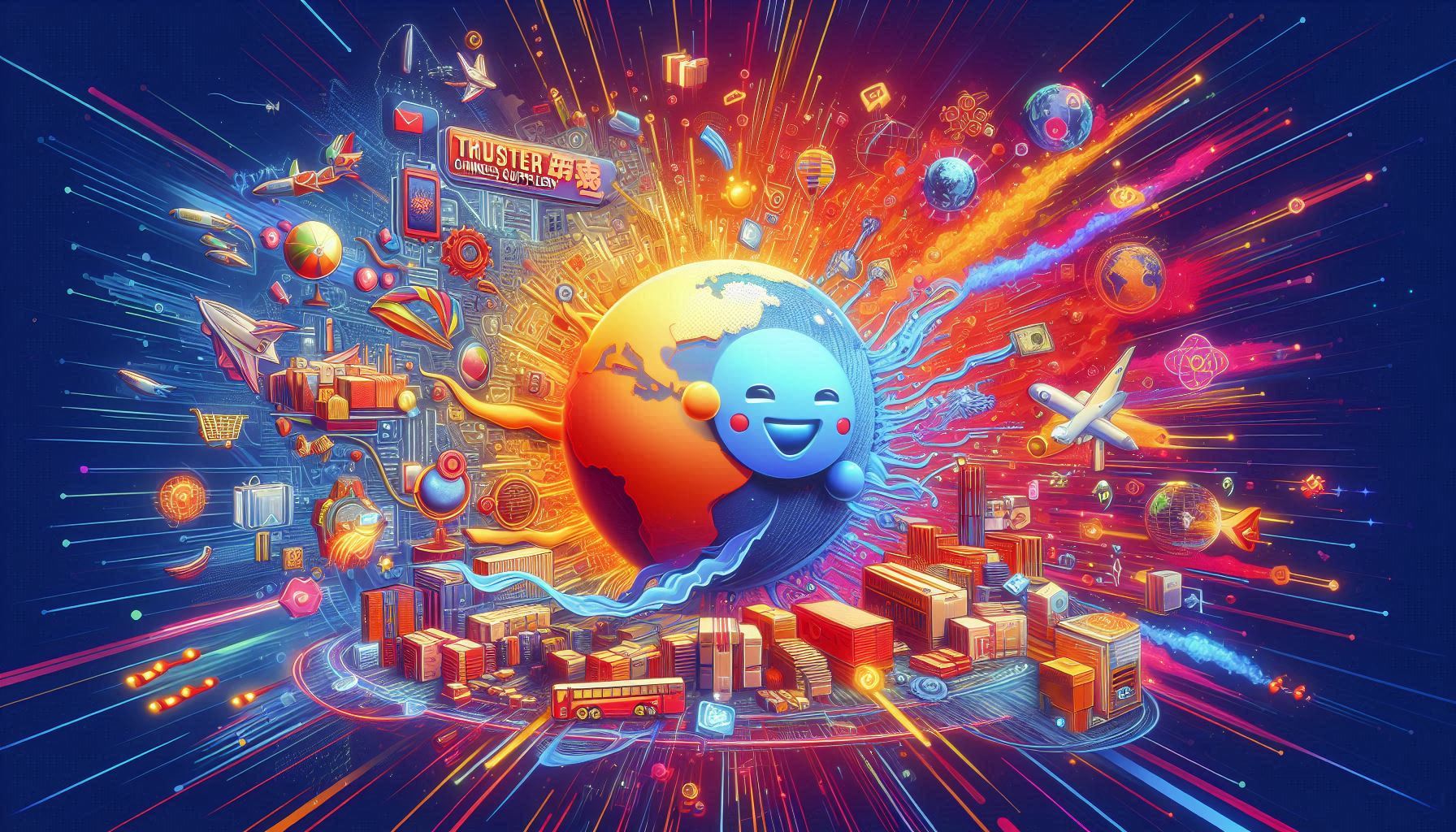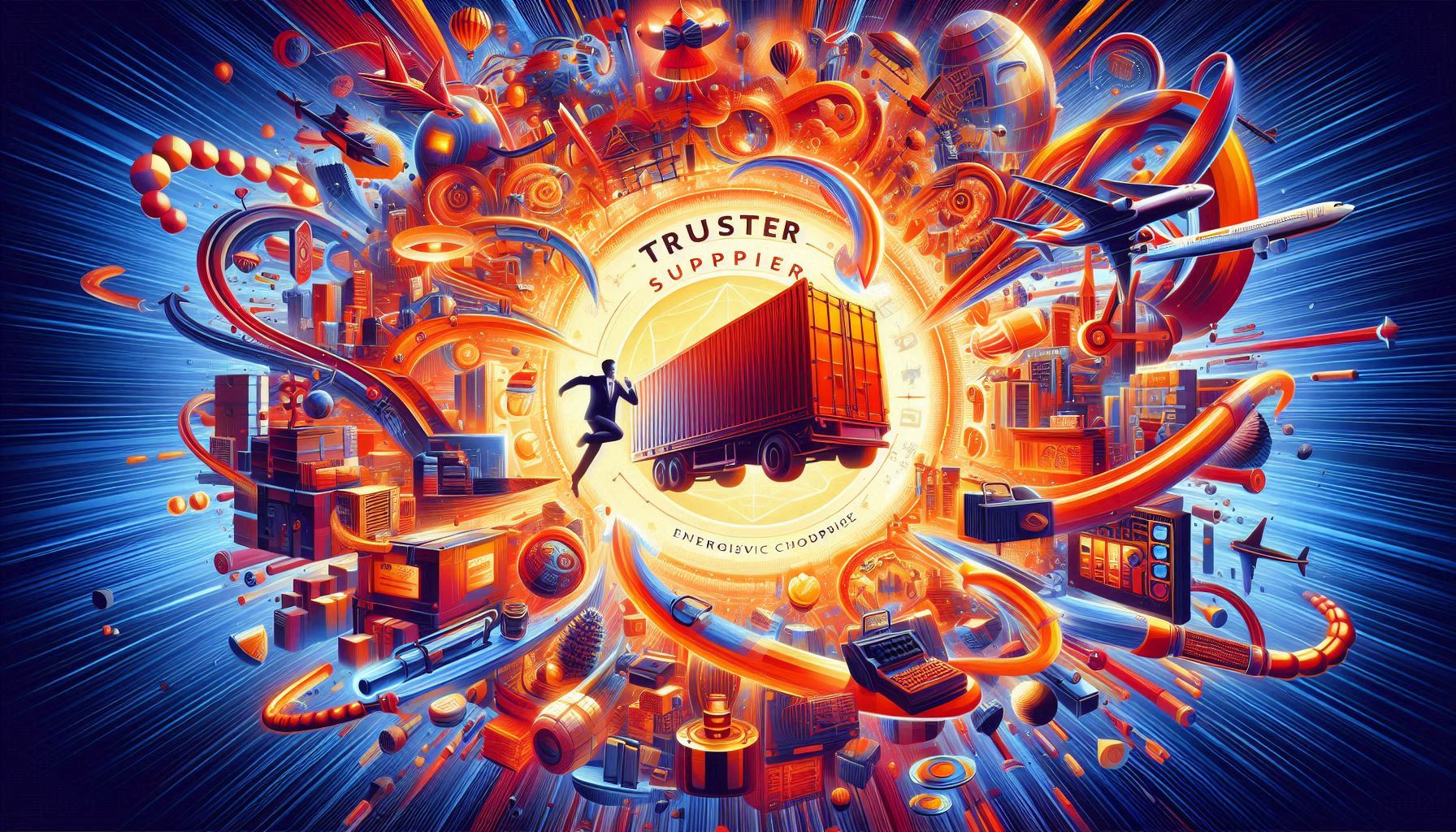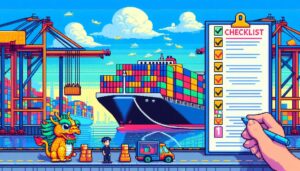The best websites for sourcing reliable Chinese suppliers. Our comprehensive guide covers top platforms, tips for verifying suppliers, and strategies for successful importing.
In this guide, I’m going to walk you through Top 10 Websites for Finding Reliable Chinese Suppliers for finding trustworthy Chinese suppliers. We’ll cover the cream of the crop platforms, share some insider tips on how to spot the good guys, and give you the lowdown on making your importing journey a success. So, buckle up – we’re about to make your sourcing life a whole lot easier!
Key takeaways:
- A curated list of the best websites for finding reliable Chinese suppliers
- Crucial criteria for choosing suppliers that won’t let you down
- Tried-and-tested tips for successful sourcing (learned the hard way, so you don’t have to!)
Understanding the Importance of Reliable Chinese Suppliers
Let’s get real for a second – working with reliable suppliers is like having a good foundation for your house. Without it, everything else is shaky. A reliable supplier is someone who delivers quality products on time, communicates clearly, and doesn’t disappear when issues arise. Trust me, I’ve had my fair share of supplier nightmares, and it’s not fun.
The risks of working with unreliable suppliers? Oh boy, where do I start? Late shipments that mess up your entire sales schedule, poor quality products that lead to angry customers (and trust me, you don’t want to deal with that), or worse – suppliers that take your money and vanish into thin air. I’ve seen it happen, and it’s not pretty.
But here’s the good news – when you find those gem suppliers, it’s like striking gold. You build long-term relationships, get better prices, and have a partner who’s invested in your success. It’s like having a secret weapon in your business arsenal. So, let’s dive into how to find these unicorns, shall we?
Criteria for Evaluating Chinese Supplier Websites
Now, not all supplier websites are created equal. Some are the real deal, while others… well, let’s just say they leave a lot to be desired. Here’s what I look for when I’m evaluating these platforms:
- User interface and ease of navigation: If I need a PhD to figure out how to search for products, it’s a no from me. The best sites are intuitive and user-friendly.
- Verification processes for suppliers: This is huge. Look for platforms that do their homework on the suppliers. Trust me, it saves you a ton of headaches down the line.
- Communication tools and features: Can you easily chat with suppliers? Are there translation tools available? These features can make or break your sourcing experience.
- Payment protection and dispute resolution: Because let’s face it, sometimes things go wrong. You want a platform that has your back when it does.
- Range of products and industries covered: The more diverse, the better. It gives you options and allows you to expand your product line in the future.
Remember, these websites are your gateway to thousands of suppliers. Choosing the right platform can make your sourcing journey a breeze or a nightmare. Trust me, I’ve experienced both!
Top 10 Websites for Finding Reliable Chinese Suppliers
1. Alibaba
Ah, Alibaba – the granddaddy of all B2B platforms. It’s like the Amazon of wholesale, but on steroids. I remember my first time using Alibaba; it was overwhelming but exciting. Here’s the lowdown:
Pros:
- Massive selection of suppliers and products
- Trade Assurance program for buyer protection
- Detailed supplier profiles with verification info
Cons:
- Can be overwhelming for beginners
- Some suppliers might not be manufacturers but trading companies
Pro tip: Use the advanced search filters to narrow down your options. And always, always check the supplier’s verification status and reviews. I once found a gem of a supplier for custom phone cases this way – they’ve been my go-to for years now.
2. Global Sources
Global Sources is like Alibaba’s more sophisticated cousin. It’s got a bit of a learning curve, but boy, is it worth it. Here’s what you need to know:
Key features:
- Focuses more on verified suppliers
- Offers both online platform and physical trade shows
- Detailed supplier capability assessment
Compared to Alibaba, Global Sources tends to have higher quality suppliers, but fewer options overall. I’ve found some of my best electronics suppliers here.
Best practice: Attend their trade shows if you can. There’s nothing like meeting suppliers face-to-face. I once flew to Hong Kong for their electronics show, and it was a game-changer for my business.
3. Made-in-China
Made-in-China is like that reliable friend who always comes through. It’s not as flashy as some other platforms, but it gets the job done. Here’s the scoop:
Unique selling points:
- Strong focus on industrial and B2B products
- Offers virtual reality tours of some factories
- Good for finding suppliers of more specialized products
I’ve used Made-in-China to source some pretty niche industrial components. Their supplier verification process is pretty solid, which gives you that extra peace of mind.
Tip: Don’t overlook their RFQ (Request for Quotation) feature. It’s a great way to get multiple quotes quickly. I’ve saved a ton of time and money using this feature for bulk orders.
4. DHgate
DHgate is the go-to place if you’re just dipping your toes into importing or if you’re into dropshipping. It’s like the friendly neighborhood market of B2B platforms. Here’s why:
Focus:
- Smaller MOQs (Minimum Order Quantities)
- Great for testing new products
- Lots of ready-to-ship items
Advantages for new importers:
- Lower risk due to smaller order sizes
- Often faster shipping options
- Easier to navigate than some larger platforms
But heads up – the quality can be hit or miss sometimes. I’ve had some great finds on DHgate, especially when I was starting out and couldn’t meet larger MOQs. But I’ve also had a few duds. Always order samples first!

5. HKTDC
HKTDC (Hong Kong Trade Development Council) is like your insider connection to Hong Kong and mainland Chinese suppliers. It’s got a more curated feel compared to the bigger platforms. Here’s what I love about it:
Specialization:
- Strong focus on Hong Kong-based companies
- Offers both online sourcing and physical trade fairs
- Great for finding higher-end or more specialized manufacturers
I’ve found HKTDC particularly useful for sourcing fashion accessories and electronics. Their trade fairs are top-notch – I once attended their jewelry fair and found an amazing supplier for custom pendants.
Pro tip: Keep an eye on their trade fair calendar. Even if you can’t attend in person, many fairs have online components now.
6. 1688.com
Now, 1688.com is Alibaba’s Chinese domestic platform, and it’s a bit of a hidden gem. It’s like being able to shop where the Chinese businesses shop. Here’s the deal:
Advantages:
- Often lower prices than international platforms
- Huge variety of products
- Can find up-and-coming products before they hit the international market
The catch? It’s all in Chinese. But don’t let that scare you off! I use Google Translate’s Chrome extension, and it works like a charm. I once found a trending product on 1688.com months before it blew up internationally – talk about a competitive advantage!
Strategy: Use 1688.com to research products and prices, then find the same suppliers on Alibaba for easier communication and transactions.
7. Yiwugo
Yiwugo is your digital gateway to the famous Yiwu Market – the world’s largest wholesale market for small commodities. It’s like having a personal shopper in Yiwu. Here’s why it’s cool:
Focus:
- Specializes in small commodities and trending products
- Direct access to Yiwu Market vendors
- Great for finding unique, low-cost items
I love using Yiwugo for sourcing gift items and accessories. The variety is insane! I once found the cutest phone accessories that became bestsellers in my online store.
Tip: Use their “New Products” section to stay on top of trends. It’s like having a crystal ball for product sourcing!

8. TradeKey
TradeKey is like the international bazaar of B2B platforms. It’s got a global feel and connects you with suppliers from all over, not just China. Here’s what you need to know:
Features:
- Includes suppliers from multiple countries
- Offers a mix of products and services
- Has a unique “Trade Experts” feature for sourcing help
Compared to China-specific platforms, TradeKey gives you a broader perspective. I’ve used it to compare Chinese suppliers with those from other countries.
Best practice: Take advantage of their “Verified Companies” filter. It helps weed out the less reliable suppliers. I once found a great packaging supplier through TradeKey that I couldn’t find on other platforms.
9. EC21
EC21 is like the quiet achiever of B2B platforms. It’s not as well-known as some others, but it’s got some hidden treasures. Here’s the lowdown:
Strengths:
- Good mix of products and suppliers
- User-friendly interface
- Offers detailed company and product information
EC21 is particularly good for finding suppliers of industrial products and machinery. I’ve had success sourcing some specialized equipment parts here that I couldn’t find elsewhere.
Tip: Use their “Premium Suppliers” filter for better quality assurance. And don’t overlook their blog – it’s got some great insights on international trade.
10. China.cn
Last but not least, we have China.cn. It’s a government-backed platform, which gives it a bit of extra credibility. Here’s why it’s worth checking out:
Benefits:
- Government support means stricter supplier verification
- Focuses on connecting international buyers with Chinese suppliers
- Offers some unique insights into Chinese industries
I find China.cn particularly useful for getting a pulse on Chinese manufacturing trends. Their industry reports are gold mines of information.
How to maximize your efforts: Use their “VIP” and “Authentication” filters to find the most reliable suppliers. I once found a fantastic supplier for customized promotional items through China.cn – they’ve been my go-to for corporate gifts ever since.
Tips for Verifying Suppliers on These Platforms
Alright, let’s talk about one of the most crucial parts of sourcing – verifying those suppliers. I can’t stress this enough – due diligence is your best friend here. I’ve learned this the hard way, trust me.
First things first, always, and I mean always, check supplier certifications and licenses. It’s like checking someone’s ID before letting them into your house. Look for things like ISO certifications, business licenses, and export licenses. I once almost worked with a supplier who had a fake ISO cert – dodged a bullet there!
Next up, samples, samples, samples! Never, ever place a big order without getting samples first. It’s like test-driving a car before buying it. And when you get those samples, put them through the wringer. I once ordered samples of phone cases from three different suppliers. Two looked great, but one cracked after a week of use. Guess which supplier I didn’t go with?
And here’s a pro tip – use third-party verification services. Yes, it costs a bit extra, but it’s worth every penny. These services can do factory audits, quality control checks, and even background checks on suppliers. I use them for any order over $10,000 – it’s saved me from some potentially disastrous situations.
Remember, in the world of sourcing, skepticism is healthy. If something seems too good to be true, it probably is. But with these verification steps, you’ll be well on your way to finding those dream suppliers.
Strategies for Successful Communication with Chinese Suppliers
Let’s chat about something that can make or break your sourcing success – communication. When you’re dealing with Chinese suppliers, it’s not just about what you say, but how you say it.
First off, let’s talk about the elephant in the room – language barriers. Look, unless you’re fluent in Mandarin, there’s going to be some level of language gap. But don’t sweat it! Most reputable suppliers have English-speaking staff. That said, keep your messages clear and simple. No slang, no complex idioms. I learned this the hard way when I told a supplier I needed something “ASAP” and they had no clue what I meant!
Now, here’s something many people overlook – cultural considerations. In Chinese business culture, building relationships is crucial. They call it “guanxi.” So, don’t just dive straight into business. Start with some small talk, ask about their day or the weather. I always ask my suppliers about Chinese holidays and it goes a long way in building rapport.
When it comes to negotiations, remember that in Chinese culture, a direct “no” is often considered rude. If a supplier says something like “maybe” or “we’ll see,” that often means “no.” I once spent weeks going back and forth with a supplier before realizing they were trying to politely say they couldn’t meet my requirements.
As for tools, most platforms have their own messaging systems, which are great for keeping all communication in one place. But don’t be afraid to use other tools like WeChat or Skype for more real-time communication. Just remember to keep a record of all important discussions.
Lastly, be patient and respectful. Things might move slower than you’re used to, especially around Chinese holidays. But a little patience can go a long way in building strong, lasting relationships with your suppliers.

Common Pitfalls to Avoid When Sourcing from China
Alright, let’s get real for a minute. Sourcing from China can be amazing for your business, but there are some pitfalls that can trip you up if you’re not careful. I’ve stumbled into a few of these myself, so learn from my mistakes!
First up, don’t ignore red flags in supplier profiles. If something seems off, it probably is. I once got excited about a supplier offering unbelievably low prices, only to find out later they were using subpar materials. Always check things like business licenses, certifications, and customer reviews. If a supplier has been on the platform for years but has no reviews, that’s a red flag.
Another big no-no? Rushing into large orders without proper verification. I get it, you’re excited to get started. But placing a huge order with a supplier you’ve just met is like marrying someone after the first date. It rarely ends well. Start small, order samples, test the waters. I always place a small order first, even if it costs a bit more per unit. It’s saved me from some potentially massive mistakes.
Here’s another pitfall – not clarifying product specifications and quality standards. Never assume the supplier knows exactly what you want. Be specific, down to the tiniest detail. I once ordered a batch of t-shirts and didn’t specify the fabric weight. Guess what? They arrived so thin you could practically see through them. Now, I have a detailed spec sheet for every product I order.
And let’s talk about payment terms. Never, ever pay 100% upfront. I repeat, never. A common practice is 30% deposit and 70% after production but before shipping. And always use secure payment methods offered by the platform. I learned this lesson the hard way when I nearly lost a significant amount of money to a scammer posing as a legitimate supplier.
Lastly, don’t neglect quality control. Either hire a third-party QC company or, if possible, visit the factory yourself. I once skipped QC on a large order to save money. Big mistake. The products arrived with major quality issues, and I ended up losing more money than I would have spent on QC.
Remember, sourcing from China is not a get-rich-quick scheme. It takes time, patience, and due diligence. But do it right, and it can be a game-changer for your business.
Leveraging Multiple Platforms for Comprehensive Sourcing
Here’s a little secret I’ve learned over the years – don’t put all your eggs in one basket. Using multiple platforms for sourcing is like having a diverse investment portfolio. It spreads your risk and increases your chances of finding those golden supplier opportunities.
One of the biggest benefits of cross-referencing suppliers across websites is verification. If a supplier has a strong presence on multiple reputable platforms, it’s usually a good sign. I once found a supplier on Alibaba, but their profile was new and had limited information. However, I found the same supplier on Global Sources with years of history and great reviews. That cross-reference gave me the confidence to work with them.
Now, here’s how I use different platforms for various stages of the sourcing process. I often start with larger platforms like Alibaba or Global Sources for initial research and to get a feel for the market. Then, I might use more specialized platforms like HKTDC or Yiwugo to find niche products or unique suppliers. For price comparisons, I’ll check out 1688.com to see domestic Chinese prices.
But here’s the kicker – it’s not just about finding the cheapest price. It’s about balancing quality, price, and reliability. I’ve learned this the hard way. Once, I found a supplier offering prices that were 20% lower than everyone else. Seemed like a great deal, right? Well, turns out their quality control was practically non-existent. I ended up losing more money in returns and damaged reputation than I saved on the initial purchase.
So, here’s my strategy: I use the bigger platforms to cast a wide net and get a sense of the average market price. Then, I dig deeper on specialized platforms to find suppliers who offer the best balance of quality and price. Finally, I’ll cross-reference these suppliers across multiple platforms to verify their credibility.
Remember, the goal isn’t just to find a supplier – it’s to find a partner for your business. Someone who can grow with you, adapt to your needs, and consistently deliver quality products. And sometimes, that perfect partner might be hiding on a platform you least expect.
Conclusion
Whew! We’ve covered a lot of ground, haven’t we? From Alibaba to China.cn, we’ve explored the top 10 websites for finding reliable Chinese suppliers. But remember, these websites are just tools – it’s how you use them that really counts.
Let’s recap the key points:
- Each platform has its strengths – use them strategically.
- Always, always do your due diligence in verifying suppliers.
- Communication is key – be clear, patient, and culturally aware.
- Avoid common pitfalls like rushing into large orders or neglecting quality control.
- Leverage multiple platforms for comprehensive sourcing.
Now, I know all this information might seem overwhelming. Trust me, when I started my importing journey, I felt like I was drinking from a firehose! But here’s the thing – every successful importer started exactly where you are now. The key is to start small, learn from each experience, and gradually scale up.
Remember, sourcing from China is not just about finding products – it’s about building relationships, understanding a different business culture, and continuously learning and adapting. It’s a journey, and like any journey, it has its ups and downs. But with the right approach and tools (like the websites we’ve discussed), it can be an incredibly rewarding one.
So, what are you waiting for? Dive in, explore these platforms, and start your sourcing adventure. Who knows? Your next big business breakthrough might be just a click away on one of these websites.
And hey, if you ever feel stuck or overwhelmed, just remember – every sourcing pro was once a beginner. Stay curious, stay diligent, and most importantly, enjoy the process. Happy sourcing!
Frequently Asked Questions (FAQs)
- What is the best website for finding reliable Chinese suppliers?
There’s no one-size-fits-all answer, but Alibaba and Global Sources are great starting points for most products. For more specialized needs, platforms like HKTDC or Made-in-China might be better suited. - How can I verify if a Chinese supplier is legitimate?
Check their business license, ask for certifications, look at their trading history on the platform, request samples, and consider using third-party verification services. Don’t hesitate to video call them or even visit their factory if possible. - Are there any free websites for sourcing products from China?
Yes, most B2B platforms like Alibaba, Global Sources, and Made-in-China are free to use for buyers. However, some advanced features or detailed supplier information might require a subscription. - What are the risks of using B2B platforms to find Chinese suppliers?
Main risks include encountering scammers, receiving poor quality products, intellectual property infringement, and communication issues. Always do your due diligence and start with small orders to mitigate these risks. - How do I negotiate prices with Chinese suppliers found on these websites?
Be clear about your requirements, ask for their best offer first, be prepared to compromise, and consider factors beyond just price like quality and lead time. Remember, building a long-term relationship often leads to better prices over time. - Can I find small quantity or sample orders on these supplier websites?
Yes, platforms like DHgate specialize in smaller quantities. Many suppliers on other platforms also offer samples or small trial orders, but you may need to negotiate this directly with them. - What should I look for in a Chinese supplier’s profile on these platforms?
Look for verified status, detailed company information, product certifications, customer reviews, and response rates. A complete and professional profile is often a good sign of a reliable supplier. - How do I protect my intellectual property when sourcing from China?
Use Non-Disclosure Agreements (NDAs), consider filing for patents or trademarks in China, work with suppliers who have a good reputation for respecting IP, and be cautious about sharing too much information upfront. - Are there any industry-specific platforms for finding Chinese suppliers?
Yes, platforms like HKTDC often have industry-specific sections. There are also niche platforms for specific industries, like Chic for fashion or EC21 for industrial products. - What are the advantages of using a sourcing agent vs. these websites?
Sourcing agents can offer personalized service, handle communication and negotiation, provide on-the-ground quality control, and often have established relationships with suppliers. However, they come at an additional cost and you may have less direct control over the sourcing process.
Remember, sourcing is as much an art as it is a science. These FAQs provide general guidance, but always trust your instincts and don’t be afraid to ask for help when you need it. Happy sourcing!



